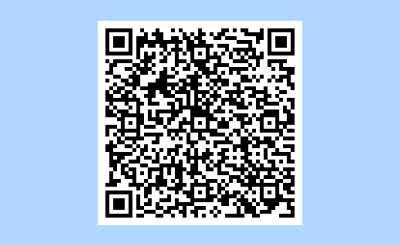university of Maine I-Corps program
I-Corps helps foster innovation and entrepreneurship by providing faculty, staff and students with the tools and guidance needed to identify the market opportunity for their STEM-based research
Hub Spark Online Blue Biotech
Cohort Details
Applications Due by Jan. 9
Jan. 21 through Feb. 18, 2026 (virtual)
Kickoff Workshop: Jan. 21, 1:00 to 5:00 p.m
Week 2 – Office Hours #1 (1 hour per team)
Week 3 – Office Hours #2 (1 hour per team)
Wrap-up workshop: Feb. 18 – 1:00 to 5:00 p.m
Blue biotechnology develops, transforms, or applies marine biomaterials such as algae and seaweed, fishery and aquaculture byproducts, and marine microbes to create high-value products.
These products can be found in many industries, including agriculture, feed, health and wellness, sustainable materials, energy, and creative industries. Specific examples of end products include aquaculture feeds, livestock feed additives, nutraceuticals, pharmaceuticals, fertilizers, bio stimulants, biopolymers, alternative plastics, biomanufacturing, and consumer products such as cosmetics and skincare.
In addition to the five-week program, participants will receive extra consideration if they apply for the Bigelow Labs Blue Tech Innovation Studio, running March 9-19, 2026. Additionally, teams will also receive extra consideration if they apply to pitch at the Bigelow Labs Blue Tech Innovation Summit on March 19, 2026.
More information about the Bigelow Labs Blue Tech Innovation Studio.
Upcoming I-Corps Cohorts
Hub Spark Online Blue Biotech:
Jan. 21-Feb. 18, 2025
Additional cohorts coming Spring, Summer, & Fall 2026


